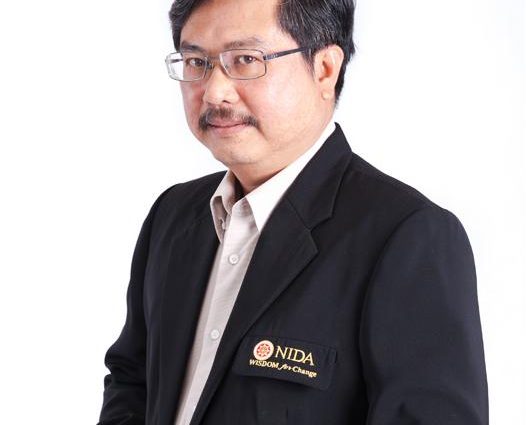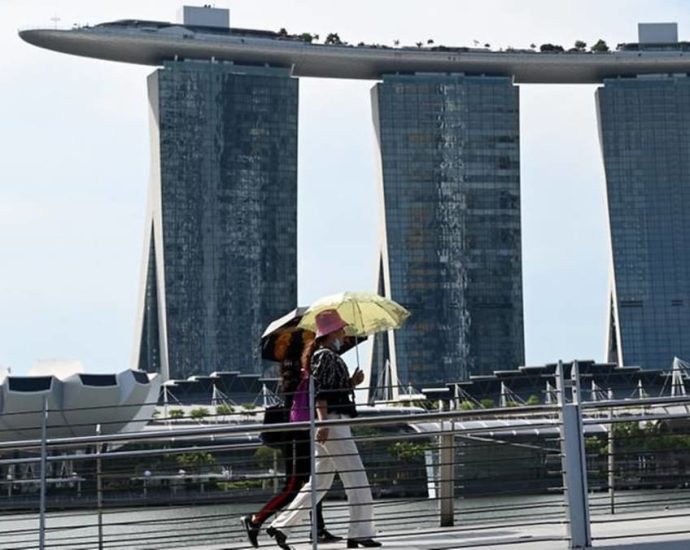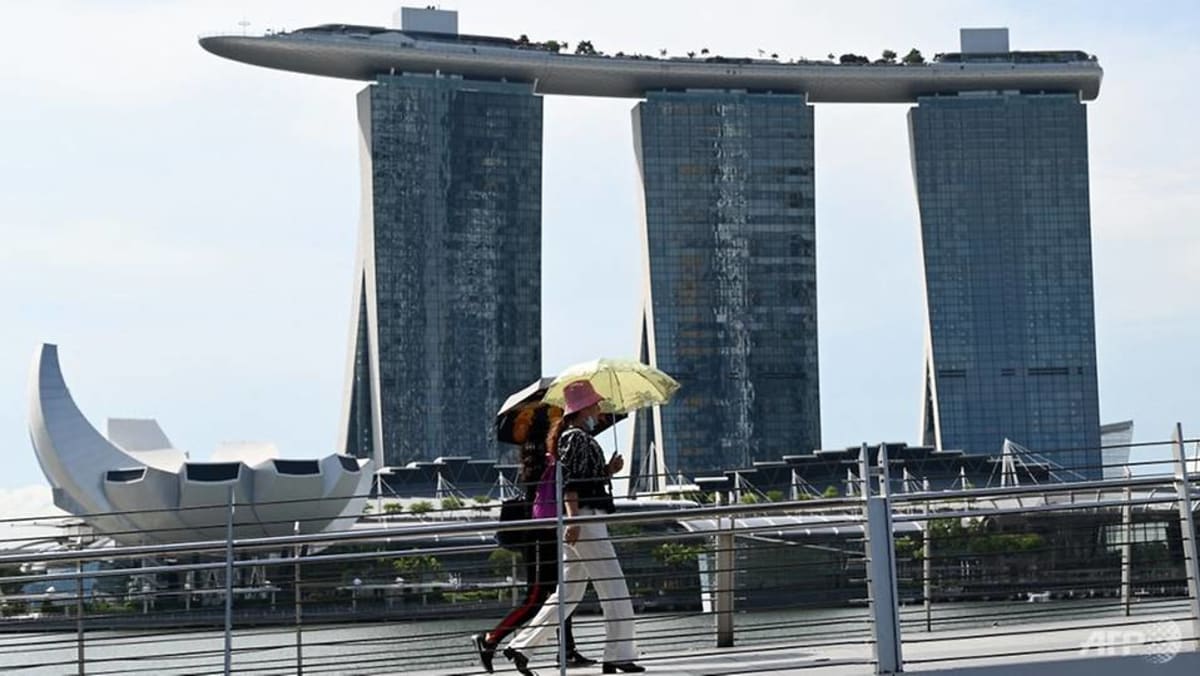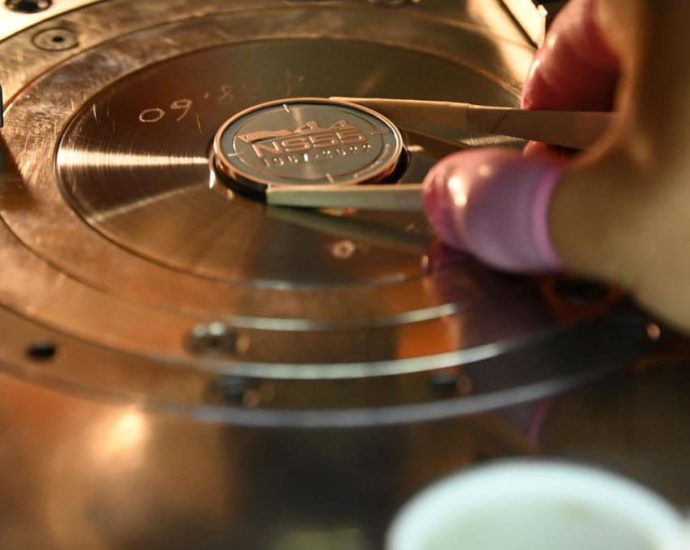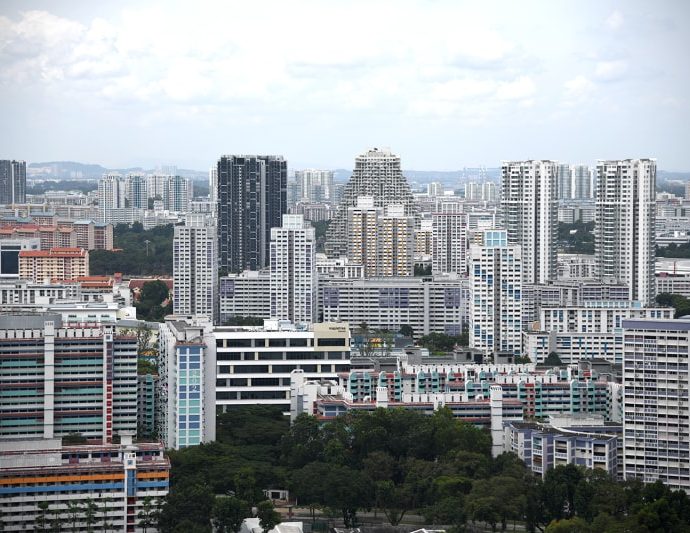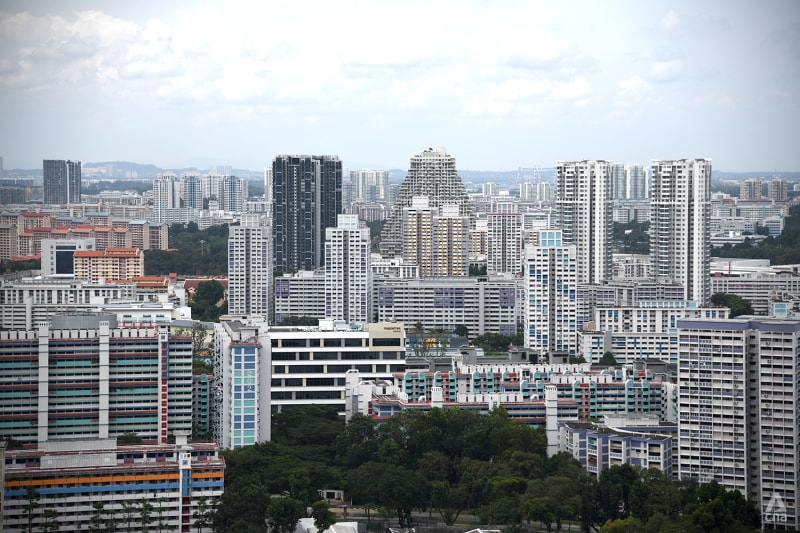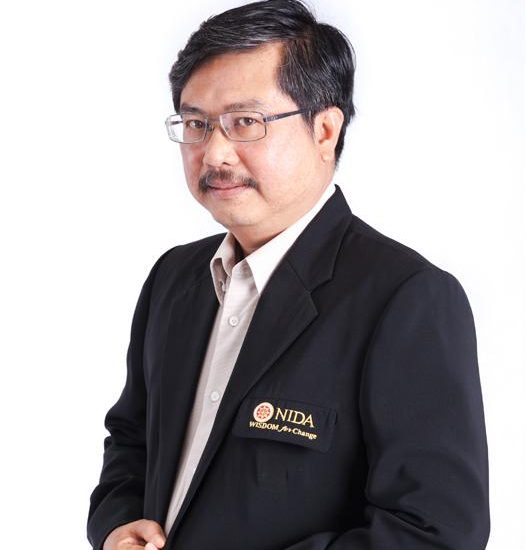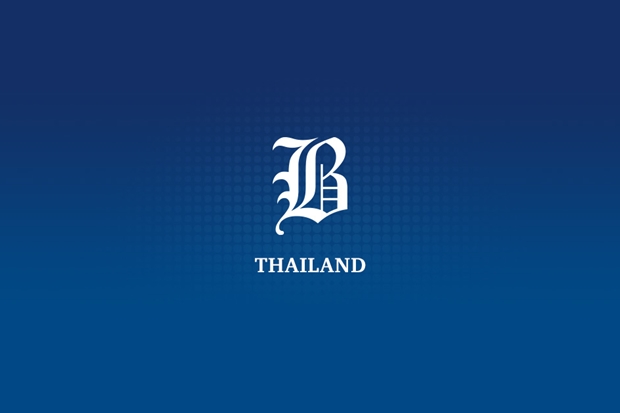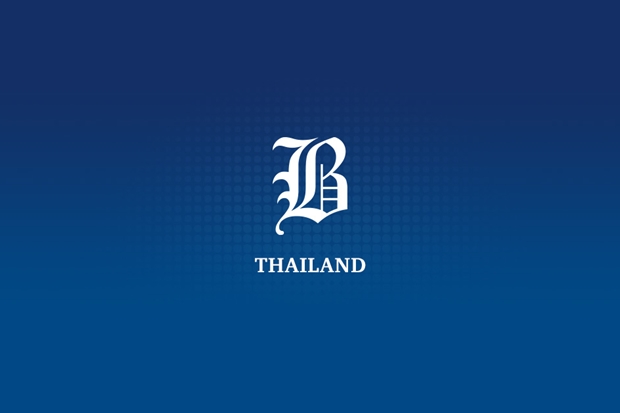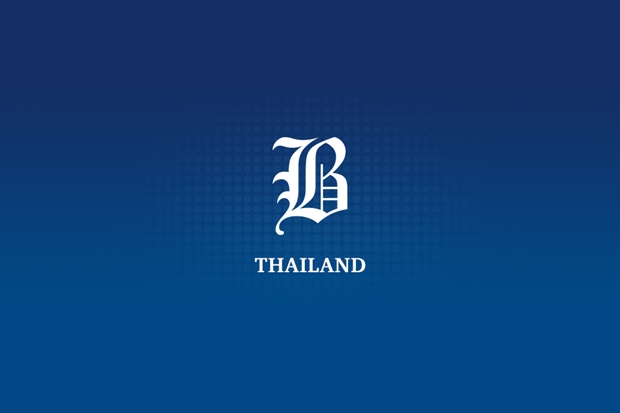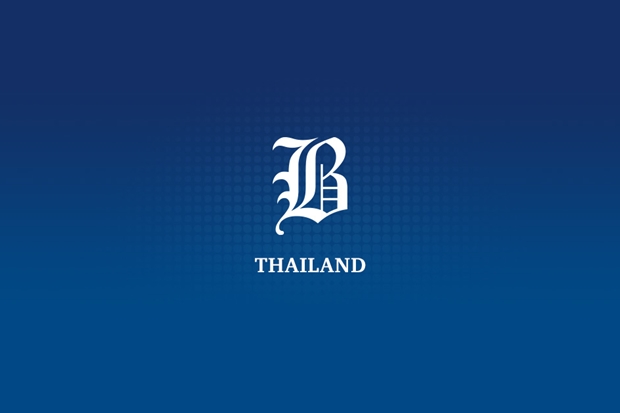Conflict or coup possible, warns academic
Coalition ‘must secure 66+ senators’
Conflict and another coup could occur if the Move Forward Party (MFP) fails to form a coalition government, an academic has warned.

Phichai: Pita, MFP have legitimacy
The military has, however, given assurances that it will do its best to maintain order and ruled out the possibility of another coup.
Writing on Facebook on Saturday, Phichai Ratnatilaka Na Bhuket, programme director for politics and development strategy at the National Institute of Development Administration (Nida), presented possible scenarios for what would happen if the MFP is able to form a government and what would happen if the party fails to do so.
The MFP-led coalition, which now has a combined 313 MPs, will form the new government if it can secure the support of at least 66 senators, he said.
He said the MFP has the legitimacy to form a government and that its leader, Pita Limjaroenrat, stands out among the other prime ministerial candidates as he has the backing of voters and has gained international recognition.
“With the MFP leading the government, politics will stabilise while democracy will thrive and the economy will go ahead. Thailand will be held in high esteem by other countries,” he said.
But if the MFP fails to form a coalition government because the senators refuse to vote for Mr Pita to be prime minister, the country will lack stability as it will be rocked by division and conflict, leading to an economic downturn and a bad image in the eyes of other countries, Mr Phichai said.
If the Pheu Thai Party becomes the leader in forming a government and nominates its prime ministerial candidate, Paetongtarn Shinawatra, for a PM vote in parliament, there is no guarantee the senators will vote for her, he said.
Moreover, Pheu Thai may not be able to bring the Palang Pracharath and Bhumjaithai parties into its coalition, because it will face resistance from red-shirt groups, he said.
Division and conflict could trigger a coup, allowing the military to step in and assume power, sending the country into a downward spiral, he said.
Yutthaporn Issarachai, a political science lecturer at Sukhothai Thammathirat Open University, said the MFP’s supporters, particularly those on social media, wield a great deal of influence on the party’s decision making.
“The MFP has to bow to the demands of its own fandom. On the issue relating to Section 112 [the lese majeste law], if the MFP insists on revising the law, it must confront the senators and parties that oppose the bid.
“But if the party backs down from the move, it will confront its own fandom instead online,” Mr Yutthaporn said.
Pol Gen Sereepisuth Temeeyaves, leader of the Seri Ruam Thai Party — part of the MFP-led coalition bloc — on Saturday said that a memorandum of understanding (MoU) drafted by the MFP imposes too many obligations on coalition partners.
The coalition is working out an MoU which will map out guidelines for its collaboration and address national, political, economic and social crises. Details of the MoU will be revealed tomorrow.
“There are too many details regarding matters such as military reform. It seems the MFP is trying to obligate coalition partners to agree on issues raised by the MFP,” Pol Gen Sereepisuth said.
“But the issue related to Section 112 is not included in the MoU,” he added.
Meanwhile, an army source said that another coup is unlikely even if the MFP is thwarted in its desire to form a government — which could spark street protests from its supporters.
“In the past, a coup could take place under such circumstances. But right now, a coup is unlikely. However, it remains to be seen how the miltary will maintain order without having to stage a coup,” the source said.
Army chief Gen Narongpan Jittkaewtae previously provided assurances that no coups will take place while he is in charge, saying the chance of a coup is zero. He said the word “coup” should not exist in anyone’s vocabulary.

